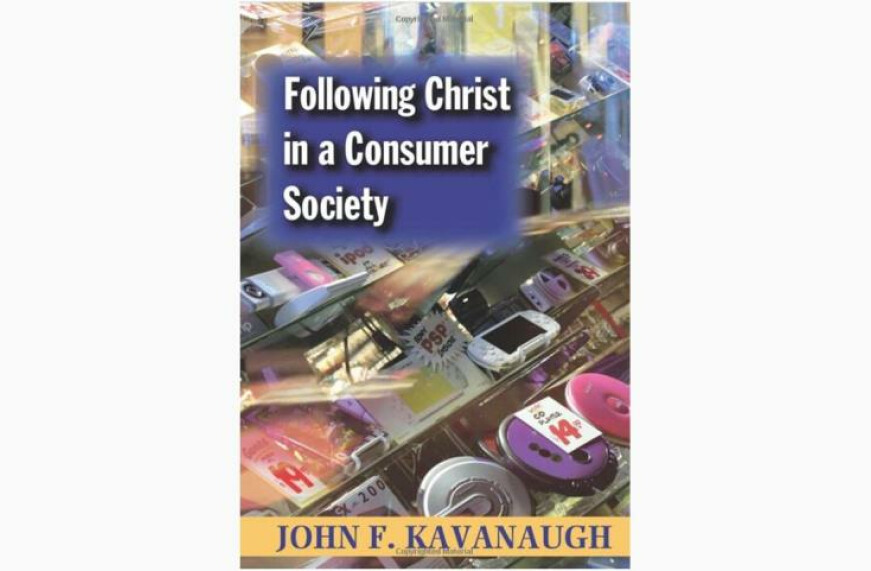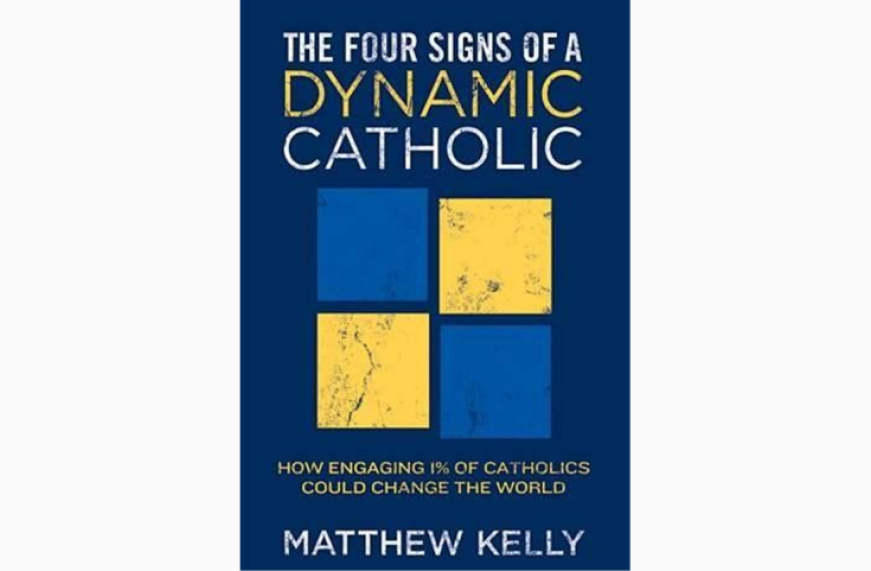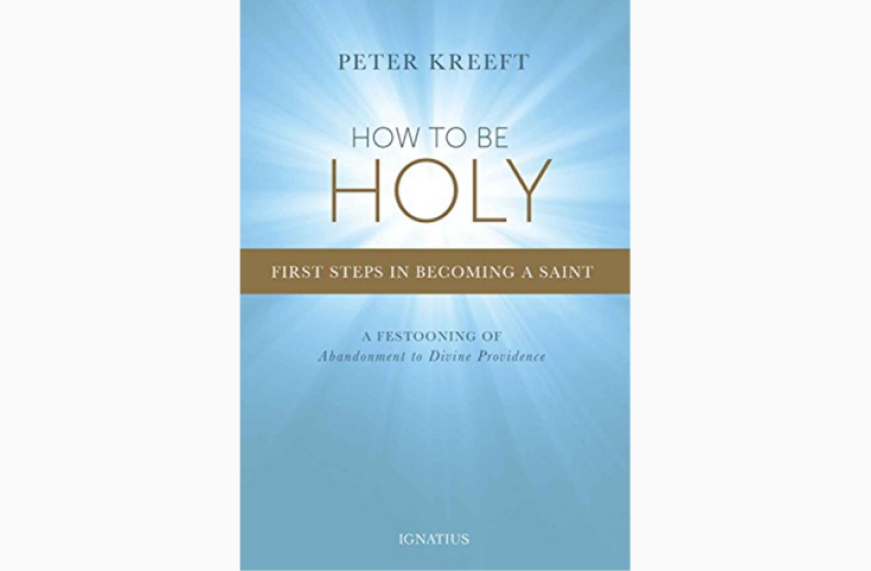Following Christ in a Consumer Society

In his book, "Following Christ in a Consumer Society," Fr. John Kavanaugh elaborates on what he refers to as “The Commodity Form” wherein he examines the extremes that our society has been drawn into without slaking our thirst for products and services of every conceivable type.
Then he focuses on “The Personal Form” which concentrates on the Gospel message of Jesus requiring Christians to love and help each other vs. loving “things.”
Fr. Kavanaugh (1941 - 2012) was an acclaimed professor of philosophy at St. Louis University. The depth of his intellect makes reading some pages of the book a definite challenge. But there are many sections that shine with facts and smooth logic encouraging the reader to live the Gospel message with stepped up commitment and more enthusiasm.
This Jesuit’s knowledge of the virtual overwhelming lure of our culture is made clear with the 27 page bibliography at the end of the book. That section is entitled, “Reading About Culture and Faith.”
His comments related to the many books that he has studied on our culture is a worthy reading all by itself.


